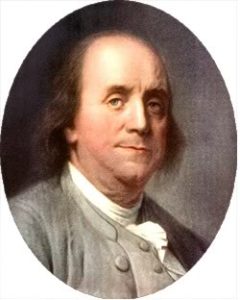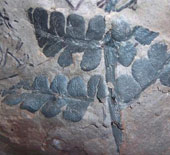
Before he became the most famous Founding Father of the United States, Ben Franklin was a businessman. His career began at age 12, when he became an apprentice typesetter.
Franklin founded his own printing business at age 22, became the official printer for Pennsylvania at age 24, and was so successful that he retired at age 44.
Some call him the Founding Father of American business.
Franklin’s – 12 rules of management make it clear where modern business gurus have gained their inspiration:
1) Finish better than your beginnings
2) All education is self-education
3) Seek first to manage yourself, then to manage others
4) Influence is more important than victory
5) Work hard and watch your costs
6) Everybody wants to appear reasonable
7) Create your own set of values to guide your actions
8) Incentive is everything
9) Create solutions for seemingly impossible problems
10) Become a revolutionary for experimentation and change
11) Sometimes it is better to do 1,001 small things right than one large thing right
12) Deliberately cultivate your reputation and legacy
In “retirement,” Franklin founded the first subscription library in the colonies, the first fire department in Philadelphia, the American Philosophical Society, a school that became the University of Pennsylvania, the first insurance company, and the first hospital in Philadelphia.
He eventually became a statesman, and was the only Founding Father to sign the three most important documents in America’s young history: the Declaration of Independence, the Treaty of Paris, and the Constitution.
Despite his amazing influence and contributions to the American cause, Congress in 1788 denied him compensation for his service to the government. He died of pleurisy on April 17, 1790.
 Drilling 200 feet below the earth’s surface in Vermillion County, Illinois, coal miners found the remains of a 15-square mile fossilized rain forest.
Drilling 200 feet below the earth’s surface in Vermillion County, Illinois, coal miners found the remains of a 15-square mile fossilized rain forest.